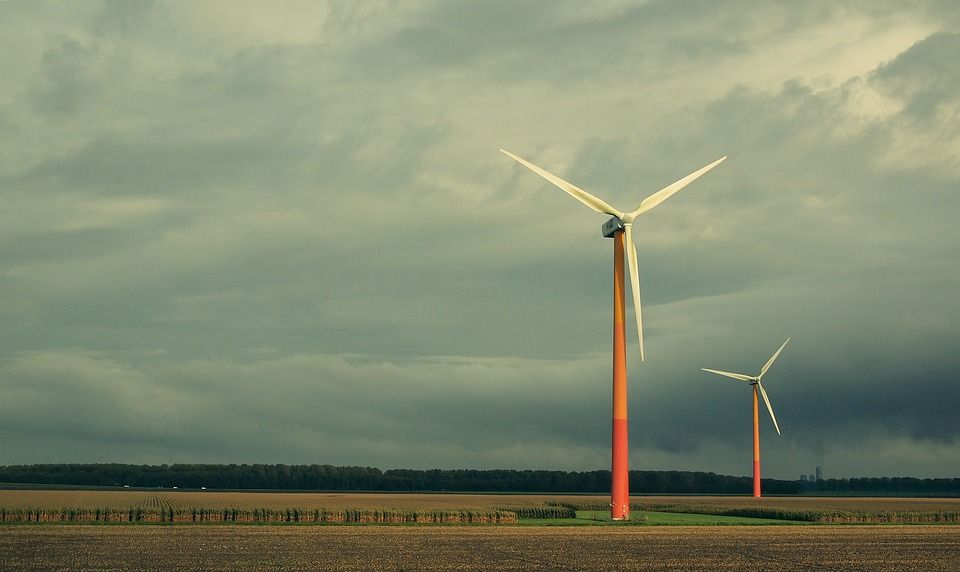According to a new report from the World Bank, Denmark has the best energy policies and regulations in the world.
Denmark scored 94 out of 100 on the World Bank’s RISE (Regulatory Indicators for Sustainable Energy) Index thanks to a score of 100 in the ‘Energy Access’ category, 86 for ‘Energy Efficiency’ and 94 for ‘Renewable Energy’.
“It makes me very proud that Denmark can once again put on the global green leader jersey as the nation with the best framework for sustainable energy in the world,” said Lars Christian Lilleholt, the energy and climate minister.
“Last autumn, the World Energy Council rated our energy system as the world’s best, and that has once again been confirmed by this big analysis by the World Bank. So Denmark stands strong and the government is working hard to retain that position.”
READ MORE: Denmark world champs in addressing sustainable energy
Somalian woe
Canada was ranked second in the index with a score of 91 overall, followed by the US (91) the Netherlands (90) and Germany (89). The UK (88), Romania (87), Czech Republic (86), France (86) and Italy (86) completed the top 10.
Other notables included South Korea with a score of 85, Australia, Japan and Sweden (82), China (81), Russia (77), Brazil (72) and India (70).
At the opposite end of the spectrum, Somalia came last with a score of just 5, while Haiti (11), Mauritania (13), Sierra Leone (14) and Chad (14) weren’t much better.















